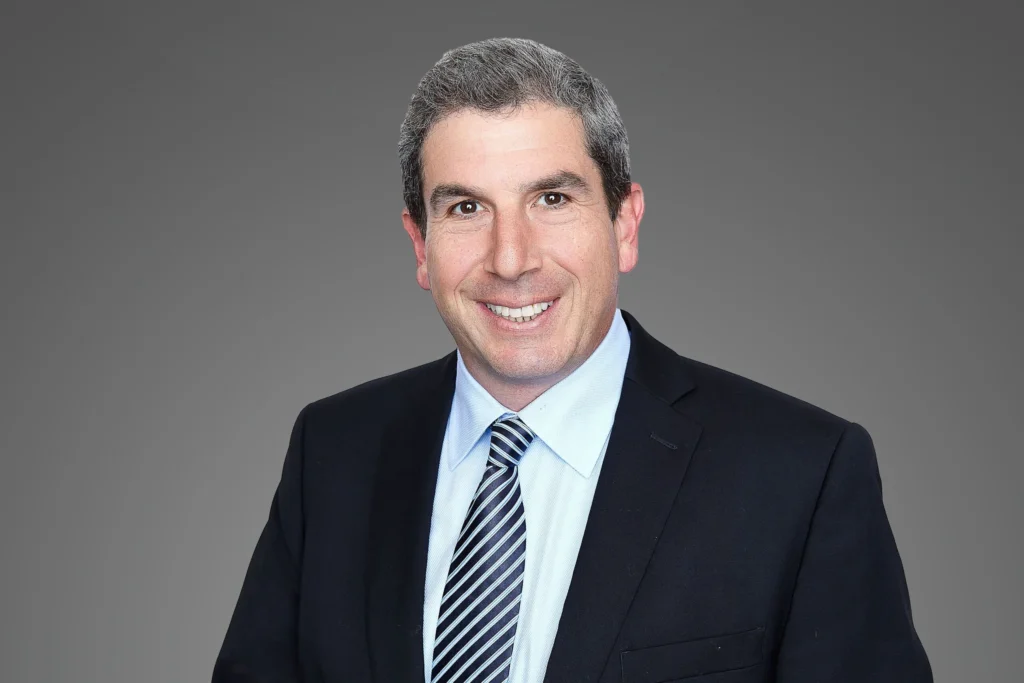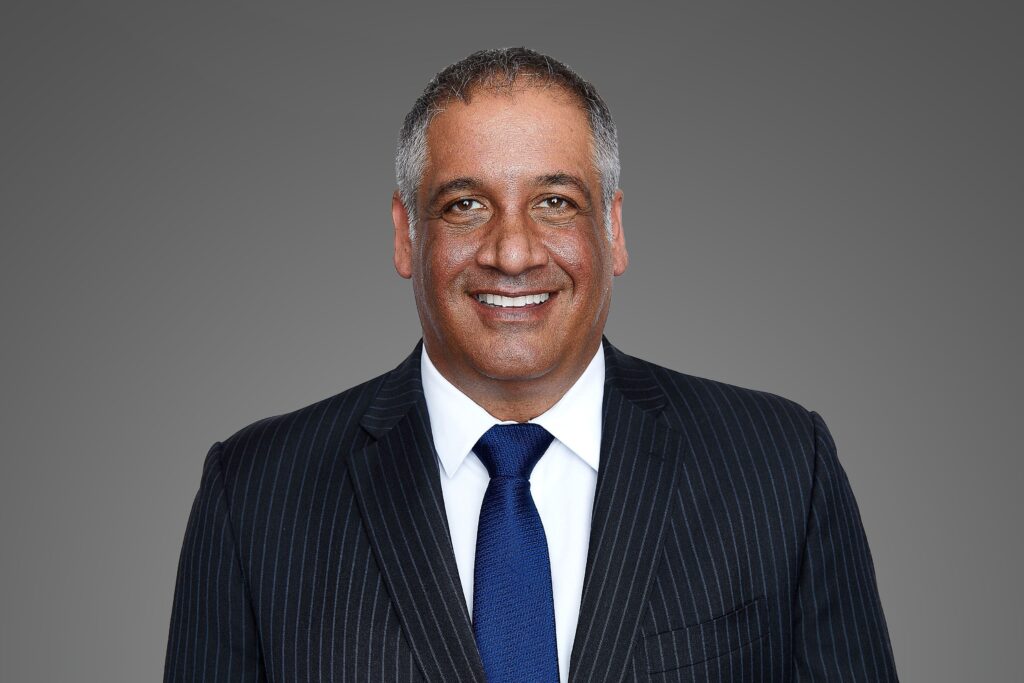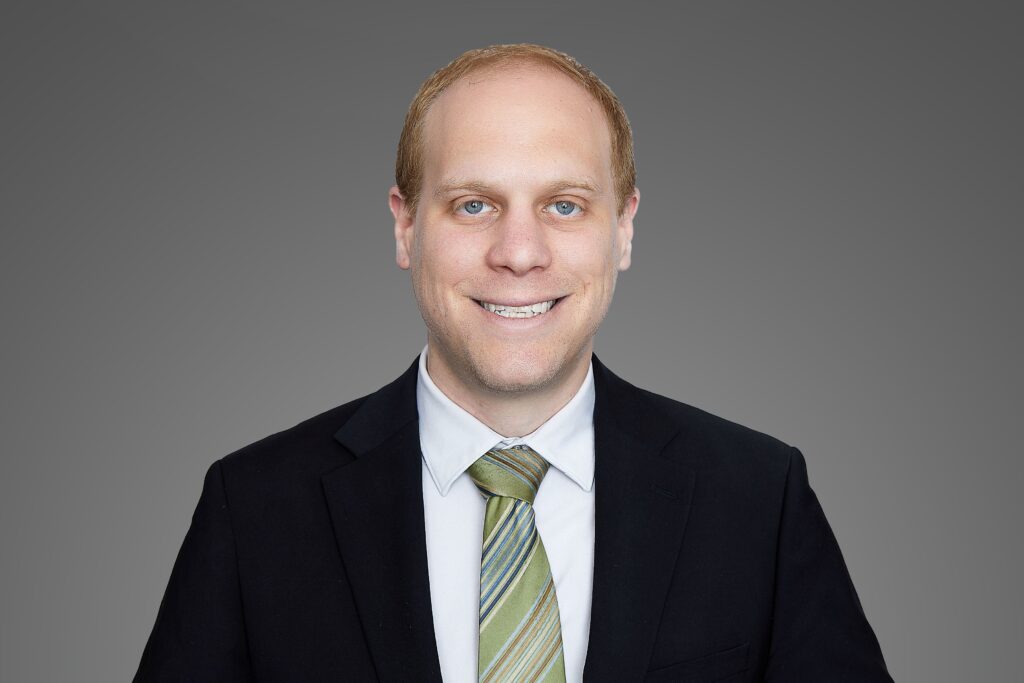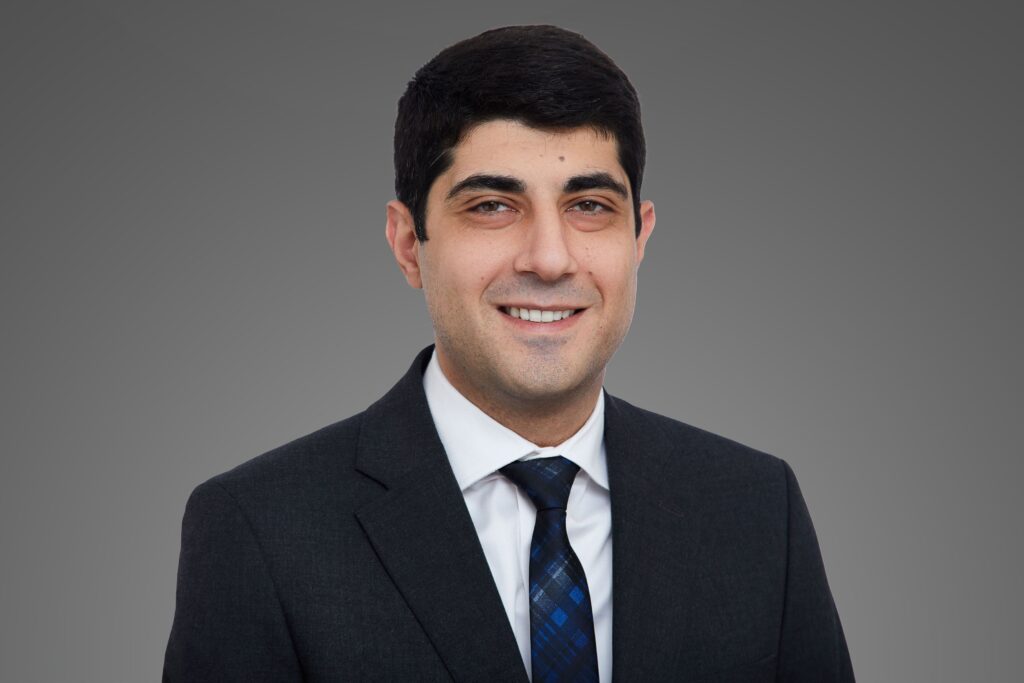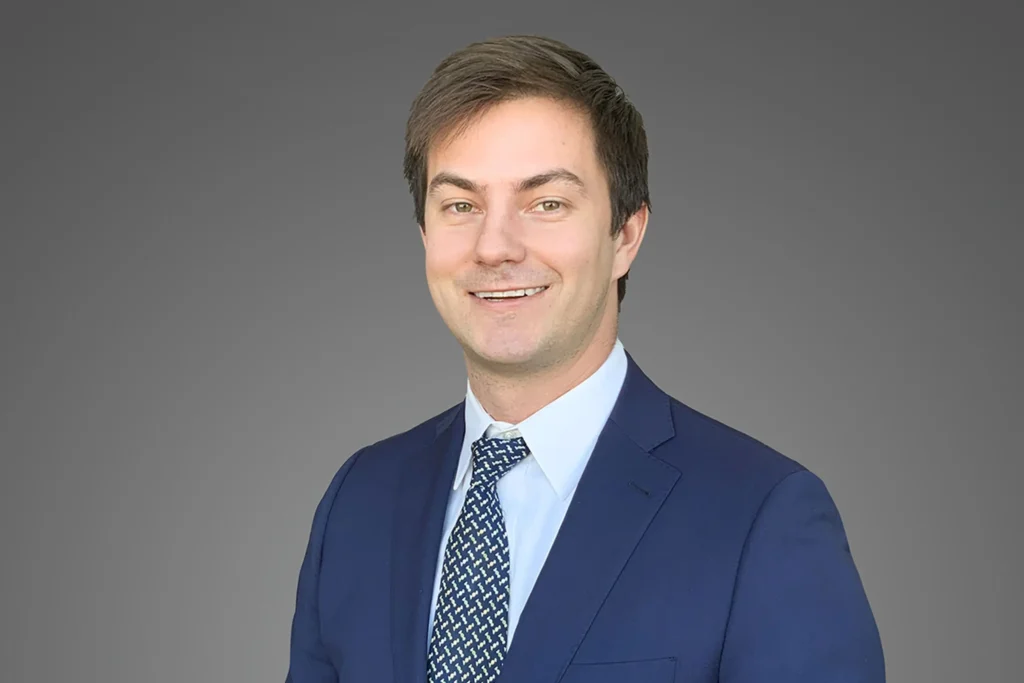Under the doctrine of respondeat superior, employers are vicariously liable for wrongs committed by employees during the course and scope of their employment. However, under the “going and coming” rule, employers are not liable for employees acts while on their way to and from work. Employees are said to be outside of the course and scope of employment during their daily commute. However, courts have established certain exceptions to the coming and going rule.
On February 22, 2017, in Lynn v. Tatitlek Support Services, Inc., —Cal.Rptr.3d, 2017 WL 696008, the California Court of Appeal addressed the going and coming rule. Lynn involved a case where the employer, TSSI, provided support services to the military, including realistic pre-deployment training. TSSI hires role players to participate in military exercises. Abdul Formoli worked as a role player for TSSI’s training services. On August 11, 2017, Mr. Formoli was concluded his temporary position. Despite only working from about 4 hours later on his last day, pursuant to his contract, Mr. Formoli was compensated for 8 hours of work. At approximately 2:25 p.m., on his drive back to his home in Sacramento, California, Mr. Fromoli’s car crossed the double yellow center line and struck the vehicle of the Gail Lynn and Brian Lynn head on, killing Brian.
Gail brought a wrongful death suit alleging TSSI was vicariously liable for the acts of Mr. Formoli. To get around the coming and going rule, Plaintiff argued three exceptions: (1) the extraordinary-commute incidental benefit exception; (2) the compensated travel-time exception; and (3) the special risk exception.
Under the incidental benefit rule, if the employer derives incidental benefit from the employee’s commute, or makes the commute a part of the employee’s work day, vicarious liability may be found for incidents occurring during the commute. Lynn, however, ruled the incidental benefit rule was inapplicable because Mr. Formoli was not required by his employer to use his vehicle.
With respect to whether Mr. Formoli was being compensated at the time the accident occurred, the Court found he was not. It reasoned that contract, which provided for 8 hours of compensation on the final day regardless of actual hours worked, did not mean that he was working for those 8 hours. In addition, the contract specifically stated that Mr. Formoli was not to receive “travel pay.” Based on that, the Court rejected Plaintiff’s argument that vicarious liability should be found based on compensation for travel time.
Lastly, Plaintiff argued that the special risk exception to the going and coming rule applied based on the employer allowing exhausted, sleep deprived role players to drive home. The Lynn Court held that there was insufficient evidence that Mr. Formoli was incapable of driving safely due to fatigue. The court noted that Mr. Formoli had a BAC of .06, that there was no evidence that he was prevented from sleeping at least 5 hours.
Lynn v, Tattilek Support Services ultimately found no exception to the going and coming rule. It, however, provides a roadmap and summary of California law regarding how to pursue a claim of vicarious liability against an employer for an accident occurring during an employee’s commute.

